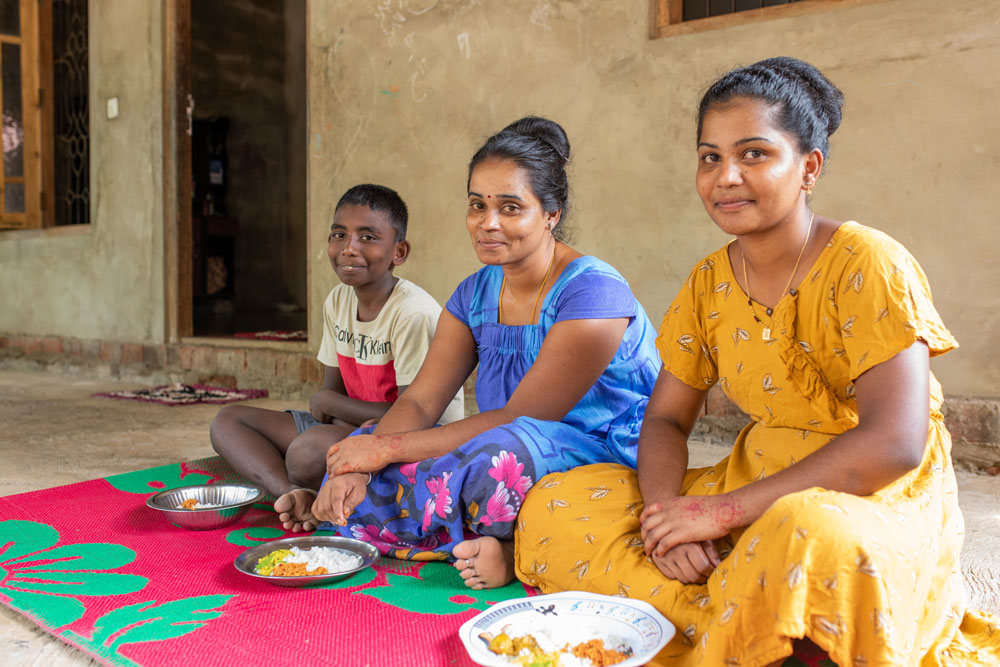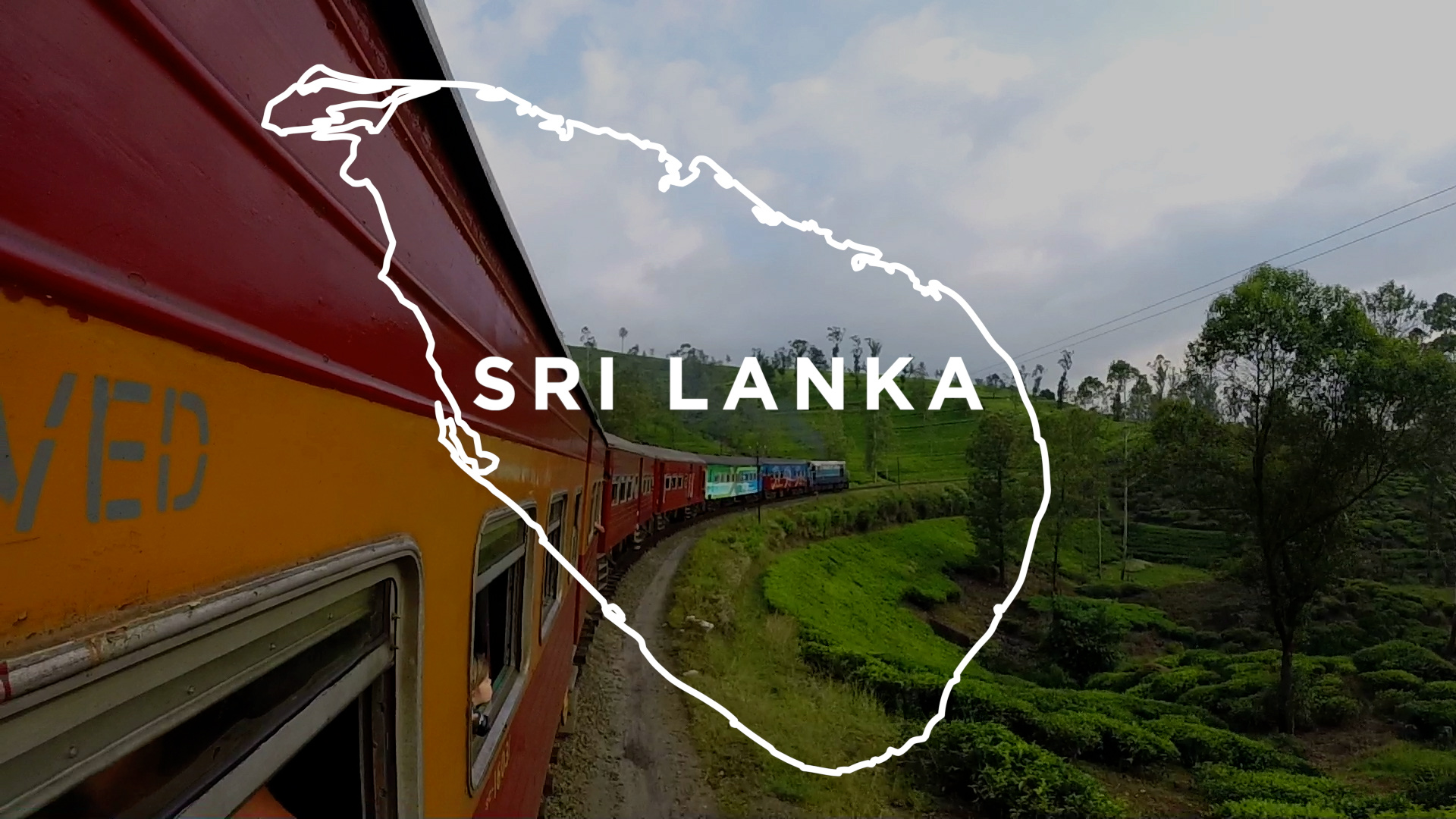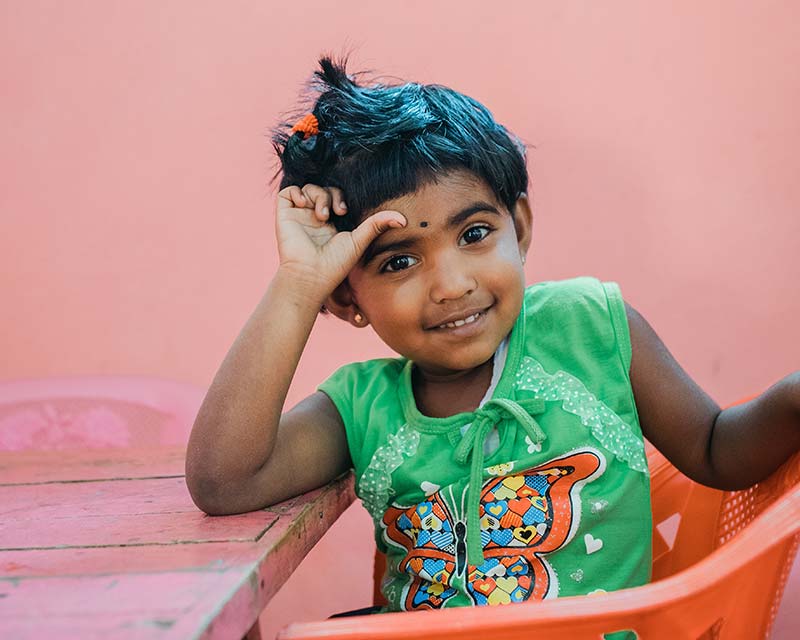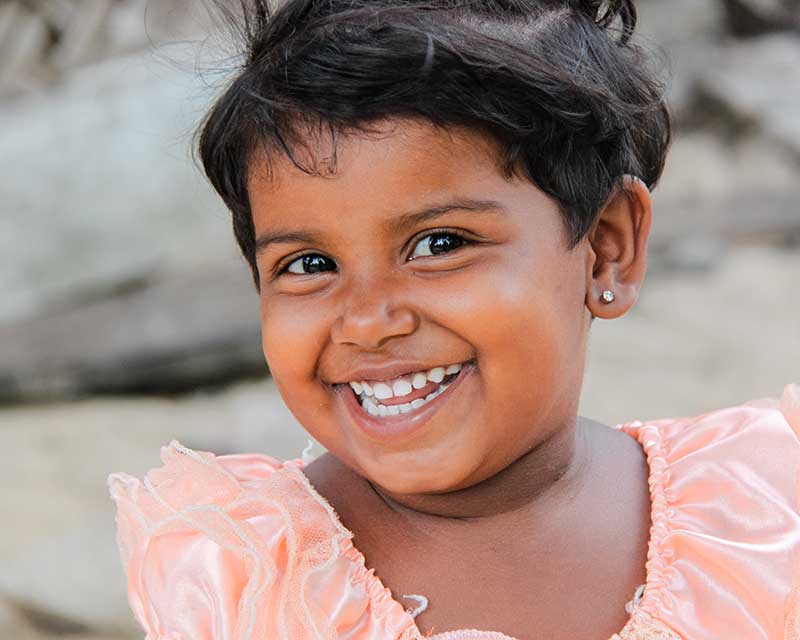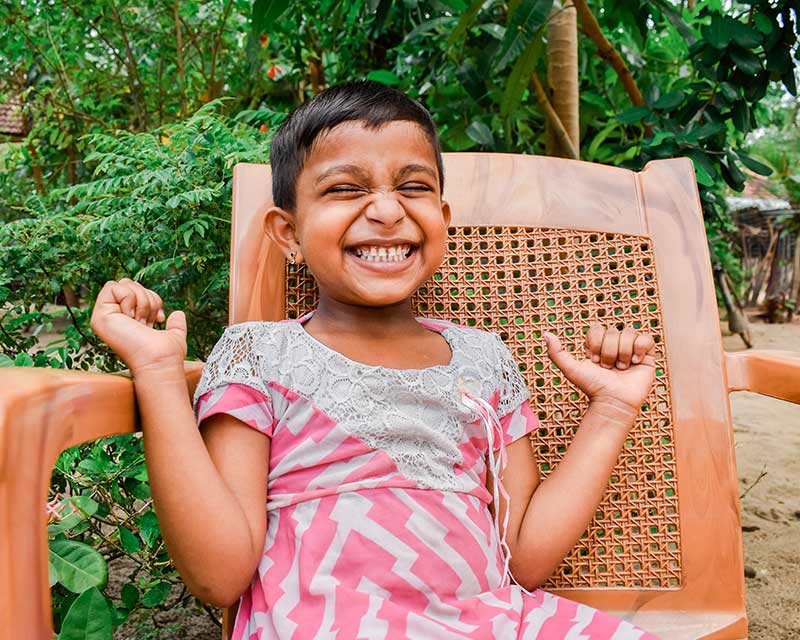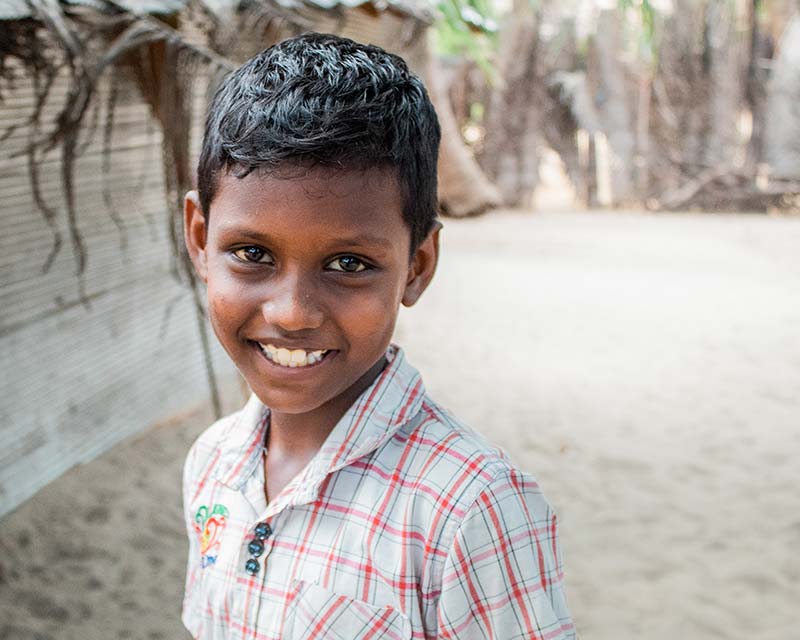Lush forests, pristine beaches and rocky highlands cover Sri Lanka’s landscape. The island nation is highly susceptible to the devastation caused by natural disasters like tsunamis.
Sri Lanka is slowly emerging from a decades-long civil war that ended in 2009. This scenic country carries the scars of the conflict, and poverty continues pushing its way into every area of children’s lives. Poverty is overwhelmingly concentrated in rural communities in the northern and eastern regions where access to education, healthcare and adequate shelter and nutrition are limited.
In 2009, the Sinhalese-majority government army forced a complete defeat for the Tamil Tigers (known as the LTTE), ending a long and bitter conflict. Civilians were caught in the crossfire throughout the 26-year long war, and between 80,000 and 100,000 people were killed.
While the fighting has stopped, the legacy of the conflict lingers. By the end of 2012, the majority of those who fled during the civil war had returned to Sri Lanka, but thousands have been unable to return to their communities and remain internally displaced.
Child labour and forced labour trap many families in generational poverty but recent efforts to improve access to education have helped many more children (particularly girls) to enter the classroom. The quality of education needs to improve, as schools and teachers often don’t have the resources they need to get the best results for children, but enrolment rates are strong—which is a source of hope for the next generation of Sri Lankan children.
Many daily wage earners have lost work and their families face increased hunger and hardship in the midst of the global food crisis and following the COVID-19 pandemic. Local partners and staff continue to reach out to offer encouragement and support. They are delivering food packs to meet immediate, urgent needs, as well as providing long-term solutions to offer sustained food security.
READ MOREkeyboard_arrow_down
READ LESSkeyboard_arrow_up
